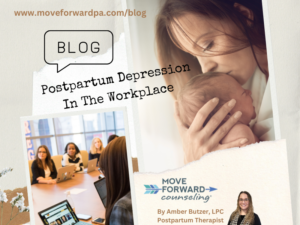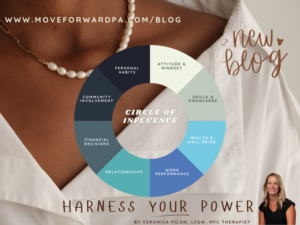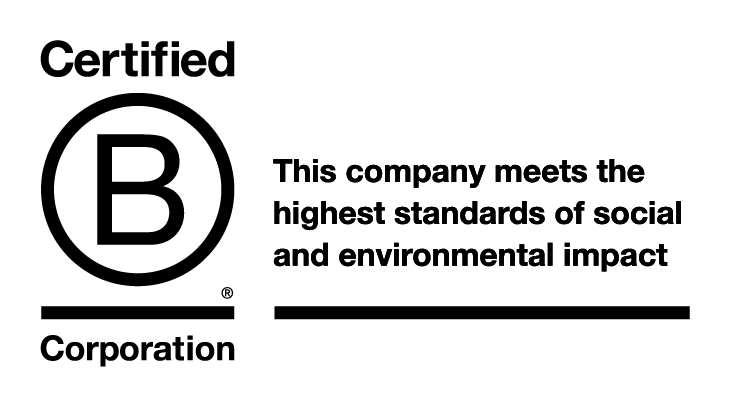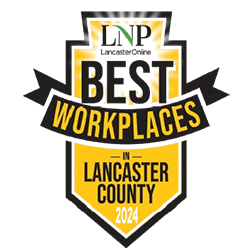What kind of relationship do you have with food? Do you have a healthy relationship with food? Is it a love-hate kind of thing? Is it a comfort thing? Is food the first thing you turn to when you are feeling stressed, sad, bored, or anxious? Do you deprive yourself of the things you love? Or is it more of a rollercoaster? Some days, weeks months everything is great, you eat healthily, you feel great, and other days it is a free-for-all—give me all the cookies, candy, and pizza you can find!
Having a healthy relationship with food is important for our overall health and wellbeing. Yet it can be so difficult. Why? Because food tastes so good and we also need it to live, but eating too much of the wrong things can make us feel bad or be unhealthy. And, if we don’t feel good about our bodies the tendency is to deprive ourselves of food—which is also unhealthy. So where is the happy medium? How can we improve our relationship with food?
Here are some steps to help get you started:
1.) Put an end to the Yo-Yoing — Instead of trying to lose a bunch of weight by going on a fad diet or giving up a specific food group every few months, only to relapse when you are done. Make the goal to eat healthier in general. Incorporate more fruits and vegetables, whole grains, and try new things. Pay attention to how foods make you feel when you eat them and use that as a cue to what you should be putting in your body.
2.) Avoid Depriving — It’s not a good idea to eat ice cream for breakfast every day and french fries for dinner every night but that doesn’t mean you aren’t allowed to indulge in them every once in a while. Let yourself have a treat each day and go for those fries or pizza once a week. Depriving yourself of foods you love only makes you want them more.
3.) Stop the Labeling — Stop labeling foods as good and bad. Yes, some foods are better than others but no food is evil. Eating broccoli is great but it isn’t going to give you superpowers and eating a slice of pizza doesn’t mean you are going to morph into a monster. It is ok to eat unhealthy once in a while. You don’t need to beat yourself up over it.

4.) Minimize opportunities for overindulging — There is a thing called decision-fatigue. That is when we get so tired of making decisions that we just quit and give in. For example, at the end of the day, you might be tired of all the decisions and grab the ice cream tub straight out of the freezer and go all-in with your spoon. Instead of giving yourself that opportunity try making ice cream a going-out thing instead. Don’t keep those comfort foods in the house.
5.) Plan — Make a plan before you go to the grocery store (and eat a healthy meal first). Decide what meals you will cook that week and buy the necessary items for those meals, plan lunches and snacks. The more balanced and planned options you have the better you will feel and the less likely you will be to turn to other, less healthy, options.
6.) Have a Stress-Relief Activity — It can feel so good to turn to food when emotionally struggling but only for the brief second that the food is in your mouth, then you likely feel worse than you did before. Have other options available for when stress is high. Try taking a walk before going into the kitchen or drinking a full glass of water when you are anxious instead of grabbing a snack.

7.) Be Honest With Yourself and Others — It is not uncommon for people to hide snacks from spouses or significant others. Or, to not record a snack in a personal food journal. What you put into your body is your choice, period. You do not need to defend a food choice to others and if you feel like you need to hide it, then it is worth evaluating your relationship with food.
Getting Help
If you are struggling with how to have a healthy relationship with food, you are not alone. Seeking the help of a mental health professional can help you end emotional eating patterns, improve body image, and come up with a plan for better eating all around. It is all about being a healthier you inside and out.
Ready to begin counseling in Pennsylvania?
The counselors at Move Forward are specifically trained in treating eating disorders. They can help you improve your mental health, body image, and emotional eating habits. Our professionally-trained and licensed counselors have openings. Just call our office at 717-462-7003×1 and speak to our administrative assistant to get started to feeling better. You can get the tailored help you need right now. We are here for you.




























